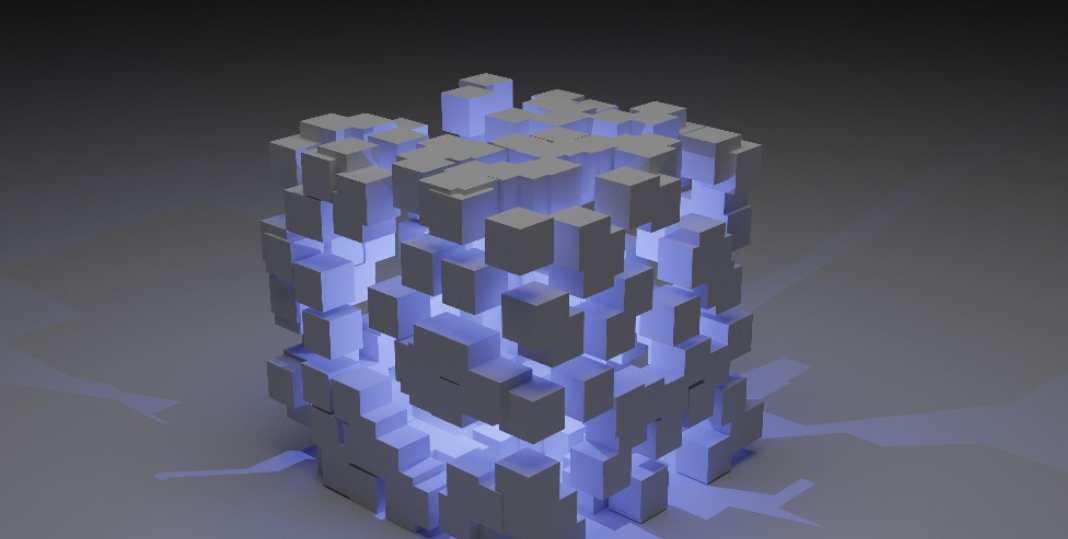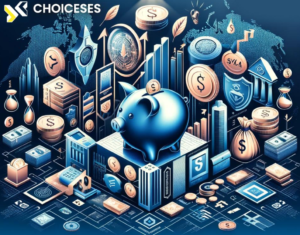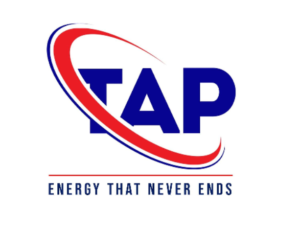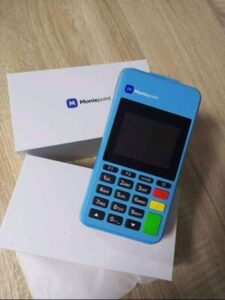
Photo by Shubham Dhage on Unsplash
A technical marvel is emerging that has the ability to fundamentally transform our society in a world where trust is usually elusive and transparency is rare. Hello and welcome to the world of blockchain, a revolutionary technology known as “The Trust Machine.” In this article, we’ll take you on an exciting tour of the blockchain ecosystem while studying its history, its influence on various industries, and how it’s transforming society as we know it.
Introducing a Game-Changer
Blockchain technology started to be widely used in 2009, the year that Bitcoin first debuted. Under the pseudonym Satoshi Nakamoto, the digital currency known as Bitcoin presented the world to a decentralized digital currency that operated on a blockchain, a distributed ledger technology. Blockchain utilizes a trustless system, as opposed to traditional financial systems, which rely on intermediaries like banks and governments.
- To eliminate intermediaries and increase confidence in peer-to-peer transactions, the blockchain technology—which powers Bitcoin—was developed.
The Basics of Blockchain Operation

Photo by Shubham Dhage on Unsplash
A series of blocks, each carrying a list of transactions, is what makes up a blockchain. An immutable record is produced by connecting these blocks in time sequence. But the decentralized character of blockchain is what makes it so exciting. The network’s various nodes independently validate and record transactions rather than depending on a single central authority.
- With nodes spread out all over the world, blockchain networks operate on a global scale. Reliability and safety are improved via decentralization.
- Immutability: A transaction that has been uploaded to the blockchain is unchangeable once it has been done so. This function ensures the accuracy of the data.
Blockchain Applications Beyond Bitcoin
Despite the fact that Bitcoin was the first application of blockchain technology, it was just the start. Blockchain has become widely used in a range of sectors, including banking, healthcare, and other fields, because to its versatility.
- Due to the programmability of blockchain technology, smart contracts are self-executing contracts that go into effect when specific conditions are met. This technology has the potential to dramatically alter procedures in the legal and financial industries.
- Supply Chain Management: Using blockchain, it is transparent and efficient to track the place of origin and travel of goods. This helps to stop phony goods from being sold and confirms their validity.
- Voting Systems: By reducing the likelihood of fraud and enhancing election security and transparency, blockchain-based voting systems seek to enhance democracy.
Bridge Building using Tron Token
The Tron network is among the key participants in the blockchain industry. A decentralized internet is what Tron is trying to create with its blockchain-based platform. The TRX token, often known as the Tron token is what powers the Tron network.
- The decentralized applications (dApps) ecosystem is powered by TRX, the native cryptocurrency of the Tron network, which also functions as a medium of trade. It is necessary for the maintenance of the network’s operations and the delivery of a range of services.
- High Transaction Speeds: TRX transactions are extremely speedy thanks to the Tron network’s massive throughput capacity. For a number of dApps and projects, this makes it a desirable alternative.
- Decentralized applications (dApps): Tron has an expanding ecosystem of dApps, which include anything from DeFi (Decentralized Finance) applications to gaming and entertainment.
The Social Impact of Blockchain

Photo by Shubham Dhage on Unsplash
The impact of blockchain technology is immeasurable. It is altering the game in the following ways:
- Blockchain is democratizing access to financial services and allowing underbanked and unbanked individuals to participate in the global economy, a process known as financial inclusion.
- The immutability of blockchain records, which enhances security for a number of enterprises, reduces fraud since it is very difficult for criminals to alter data.
- Global commerce: The efficiency and transparency of global commerce are rising as a result of reduced bureaucracy and simpler supply chains.
- Advantages for the environment: Some blockchain networks, like Ethereum 2.0, are switching to a consensus procedure that consumes less energy, which reduces their carbon footprint.
Problems and Prospects for the Future
Despite its potential, blockchain is hampered by issues with scalability, energy use, and regulatory barriers. However, these problems are being addressed through continuing study and development. With possible uses in interplanetary communication and quantum-resistant encryption, the future of blockchain technology appears promising.
For blockchain technology to continue to develop and be widely used, obstacles must be overcome.
In a society that yearns for openness and trust, blockchain is the glimmer of hope that directs us toward a more secure and just future. In order to prepare for how blockchain will affect every aspect of your life in the years to come, have an open mind, continue studying, and be curious. As it moves and consumes, the trust machine.












